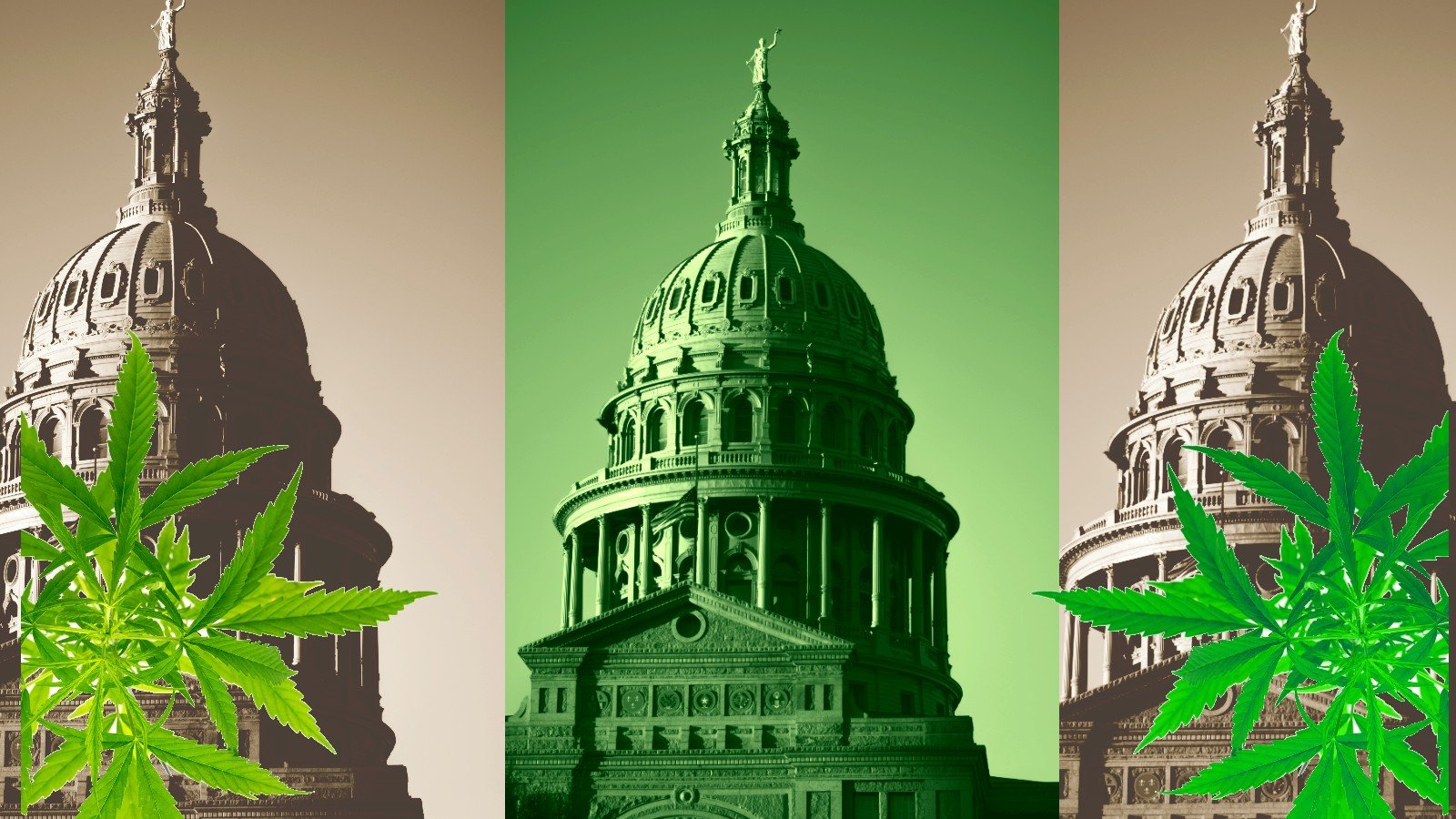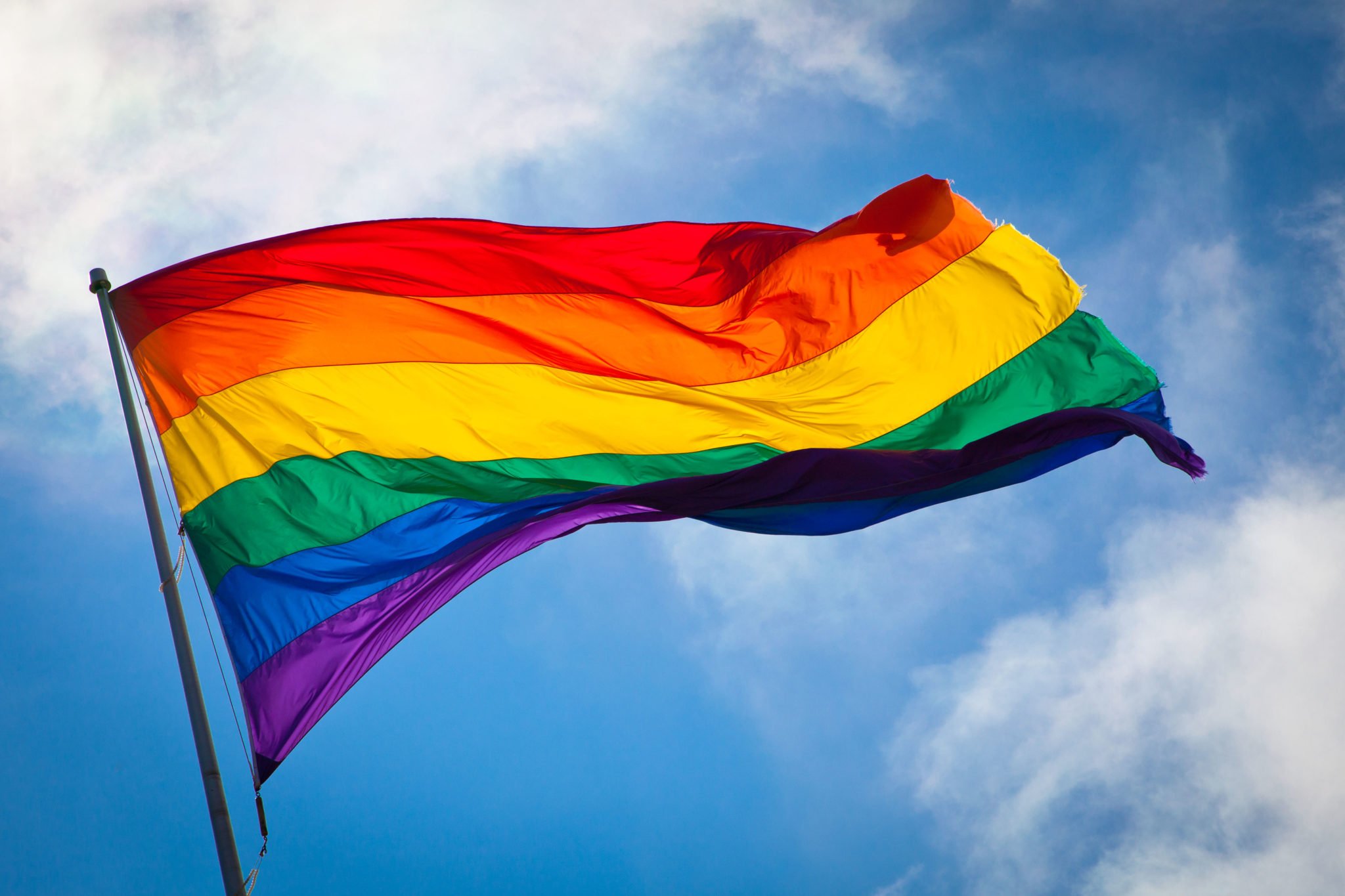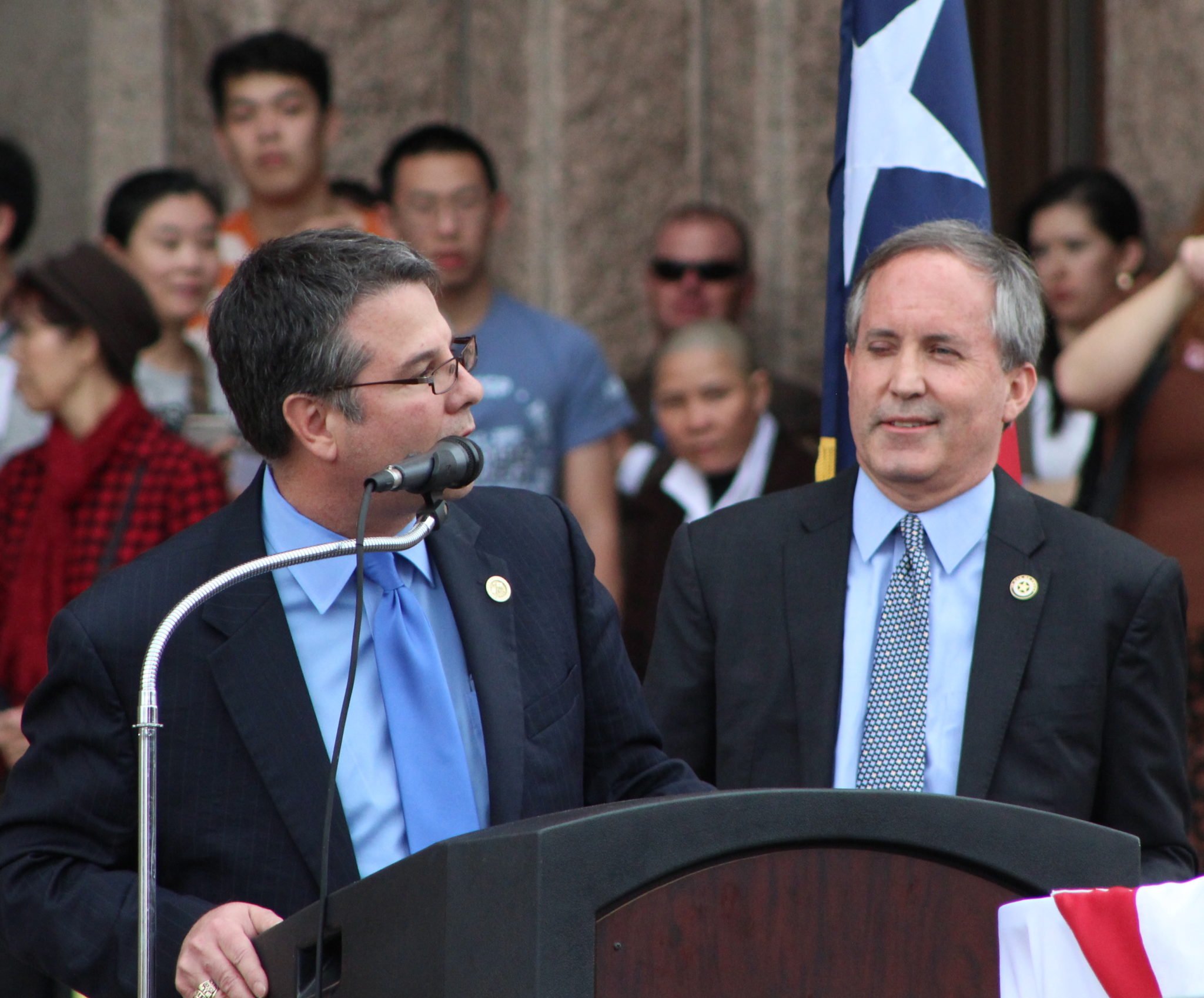
Advocates Say Sweeping Anti-LGBT Religious Freedom Bill Has ‘No Limitations’
Out lesbian lawmaker says SB 651 is another sign 2017 session could be 'most divisive ever.'

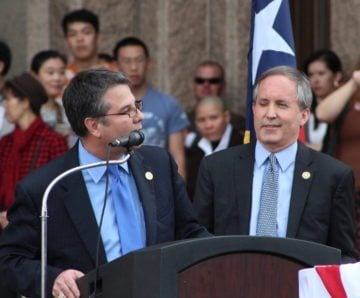
With the media seemingly preoccupied by Lieutenant Governor Dan Patrick’s bathroom bill, three Republican state senators have quietly introduced a sweeping anti-LGBT “religious freedom” measure.
Senate Bill 651, filed last week, would bar state agencies that are responsible for regulating more than 65 licensed occupations from taking action against those who choose not to comply with professional standards due to religious objections.
Eunice Hyon Min Rho, advocacy and policy counsel for the ACLU, said SB 651 would open the door to rampant discrimination against LGBT people, women seeking reproductive health care and others. Rho said the bill could lead to doctors with religious objections refusing to perform medical procedures, teachers not reporting child abuse if they support corporal punishment, or a fundamentalist Mormon police officer declining to arrest a polygamist for taking underage brides.
“This is incredibly broadly written,” said Rho, who monitors religious freedom legislation across the country. “It’s just really alarming. There are no limitations to this bill.”
Rho said only one state, Arizona, has passed a similar law, but unlike SB 651 it includes exceptions related to health care and law enforcement. She also warned that anti-LGBT state lawmakers may be trying to use the bathroom bill as a distraction.
“I think because some of the bills are receiving more attention than others, it’s a way for them to sneak some stuff through with a little bit less fanfare,” Rho said. “This is a tactic we’ve seen in countless states.”
The three senators listed as joint authors of SB 651 — Charles Perry, R-Lubbock, Bryan Hughes, R-Mineola and Brian Birdwell, R-Granbury — didn’t immediately respond to requests for comment.
Last year, Perry obtained a non-binding opinion from Attorney General Ken Paxton saying an American Bar Association rule prohibiting LGBT discrimination would violate the religious freedom of attorneys if adopted by the Texas Bar Association.
In its preamble, SB 651 notes that more than half of Texas senators, and over one-third of state representatives, are licensed in occupations regulated by the state.
Those occupations include mental health counseling, and Rho said SB 651 could be partly intended as a pre-emptive strike against efforts to ban the widely discredited practice of reparative therapy, which seeks to change the sexual orientation or gender identity of patients. The controversial practice is also known as “conversion therapy” or “ex-gay therapy.”
David Pickup, a licensed counselor who practices reparative therapy in Dallas, called SB 651 “a good step in the right direction.”
“For those therapists who are religious, certainly it would apply,” said Pickup, who’s fought efforts to ban reparative therapy in other states. “I would prefer if there was something that mentions therapy specifically.”
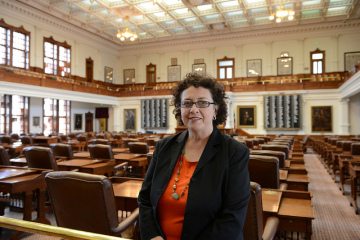
Representative Celia Israel, D-Austin, who’s led efforts to ban reparative therapy, said it wasn’t immediately clear how SB 651 would affect her legislation if both measures pass. But Israel noted that SB 651 is one of several anti-LGBT measures originating in the more conservative Senate.
“We stand ready to defend against all of them as they work their way over to the Texas House,” said Israel, one of the Legislature’s two openly LGBT members. “My colleagues are all saying this is likely to be the most divisive session they have ever experienced.”
As of Thursday, nine anti-LGBT bills had been filed in the 2017 session, according to Equality Texas, compared to at 23 in 2015. But there were indications that additional anti-LGBT “religious freedom” proposals are coming before the March 10 filing deadline.
Representative Scott Sanford, R-McKinney, a Southern Baptist pastor who co-chairs the right-wing Legislative Prayer Caucus, told supporters prior to the session that “attacks on religious liberty” are “going at us fast and furious.”
“The number of bills that we’re going to have to file is amazing to protect the religious liberty of Texans,” Sanford said.
Representative Matt Krause, R-Fort Worth, the other co-chair of the Prayer Caucus, characterized the group’s approach as “a balancing test between discrimination and the exercise of religion.”
“There’s a lot of areas out there where we can be proactive and say, ‘You will not be harmed if you exercise your religious liberty in this manner,’” said Krause, an attorney.
Dan Quinn, a spokesman for the pro-LGBT Texas Freedom Network (TFN), said he doubts any anti-LGBT legislation will “slip through under the radar.” Like the bathroom bill, it’s expected to face strong opposition from the business community.
“Everyone who cares about equality and discrimination is watching these bills very closely,” Quinn said. “It may pass, but it ain’t gonna pass in the dark of night.”
